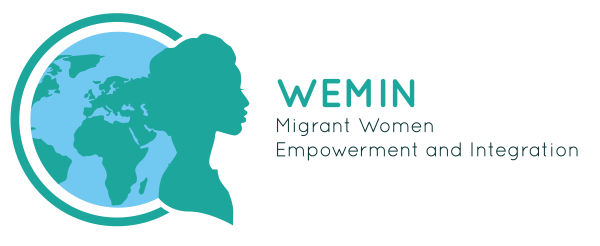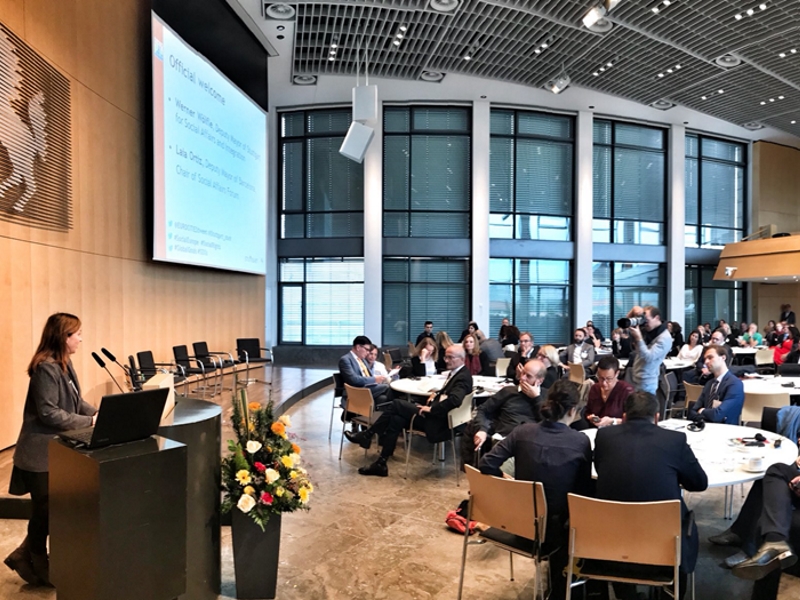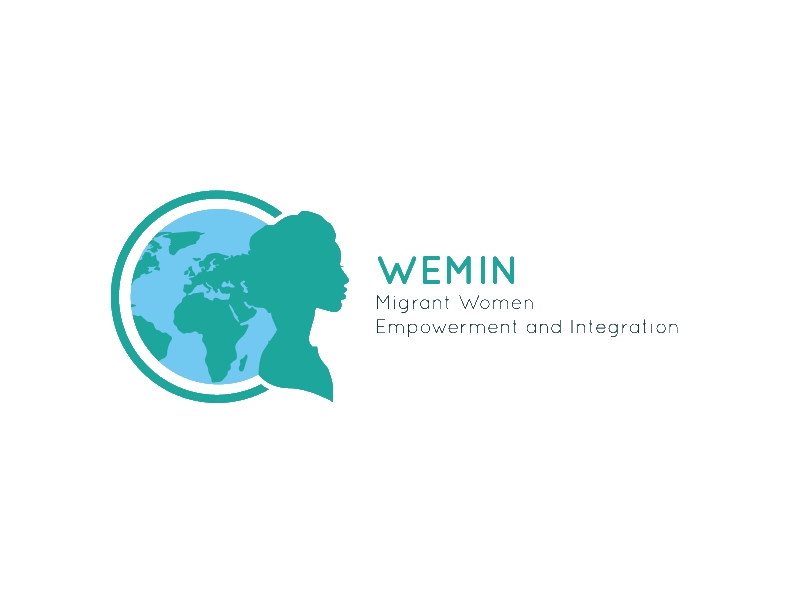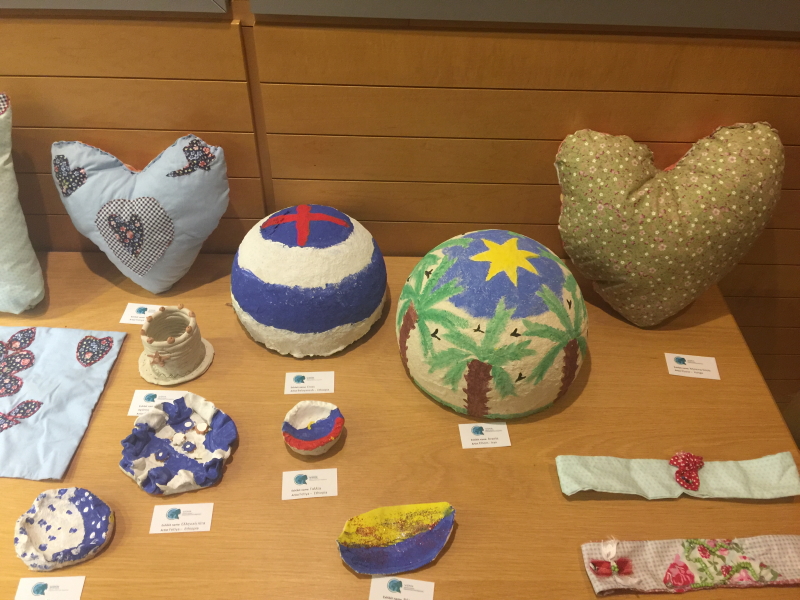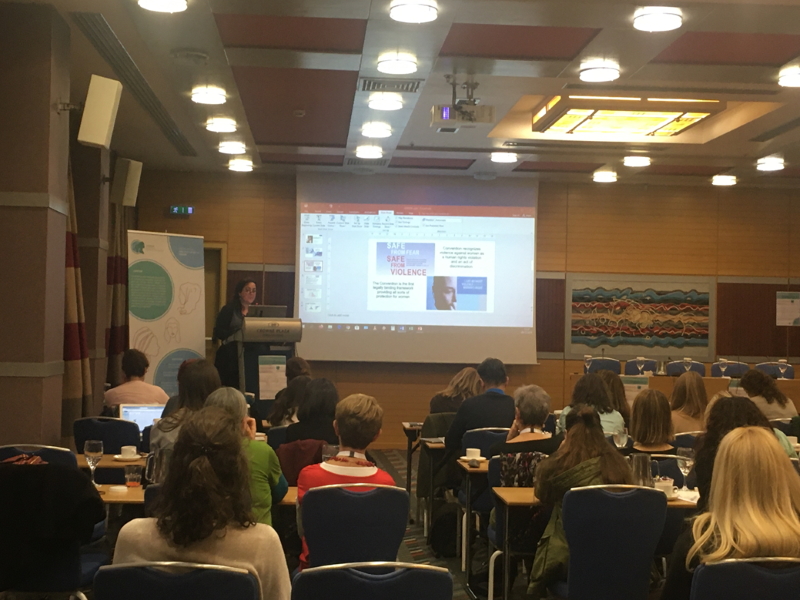
Southside Partnership host International Women’s Day Breakfast
mars 8, 2019
First training cycle in Athens
mars 15, 2019Adult educators’ briefing on WEMIN
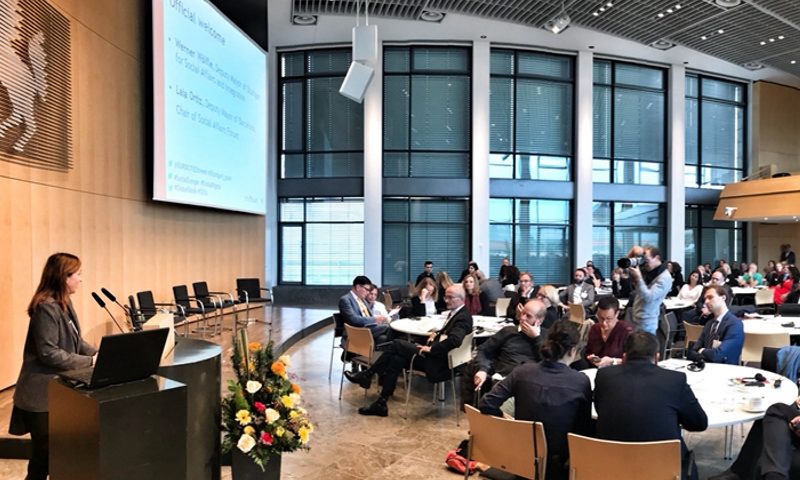
ifa Akademie in Stuttgart holds regular meetings with adult educators on adult learning for migrants and refugees. Trainers working for ifa Akademie and other training institutions discuss new methods and materials to train adult learners.
The concept of WEMIN training materials targeting at migrant and refugee women is of special interest for many trainers. During two meetings in March 2019, trainers discussed ideas for active citizenship, language acquisition, empowerment and artistic workshops for migrant and refugee women to ease their integration into their new host society.
Some trainers reported that the shift towards populism and nationalism in Europe created a new challenge for adult training promoting migrant integration and social inclusion of immigrants, refugees, migrant and refugee women and selected religious groups.
Digital learning materials offer new points of access to adult learning. The WEMIN learning platform might serve as instrument to attract migrant and refugee women to experience new learning environments and new forms of learning. Digital literacy will be necessary to use such learning tools. Some adult educators were critical and stated that traditional forms of adult education with person-to-person training or training in small groups might be more suitable for female migrant learners. Other drew the line between the younger, digital affine generation and the older generation of migrants, which often refrains from digital services and tools.
Some trainers reported that the shift towards populism and nationalism in Europe created a new challenge for adult training promoting migrant integration and social inclusion of immigrants, refugees, migrant and refugee women and selected religious groups.
Digital learning materials offer new points of access to adult learning. The WEMIN learning platform might serve as instrument to attract migrant and refugee women to experience new learning environments and new forms of learning. Digital literacy will be necessary to use such learning tools. Some adult educators were critical and stated that traditional forms of adult education with person-to-person training or training in small groups might be more suitable for female migrant learners. Other drew the line between the younger, digital affine generation and the older generation of migrants, which often refrains from digital services and tools.
